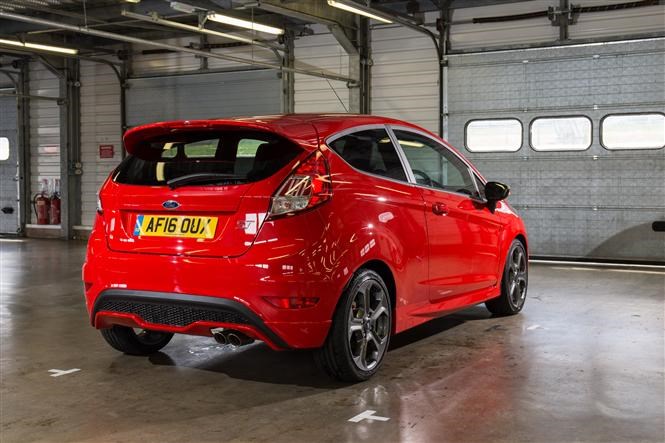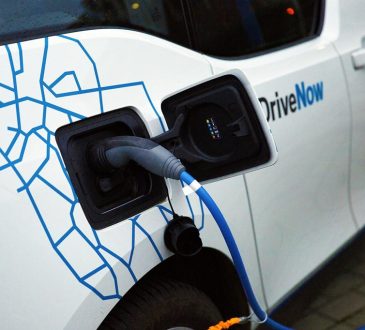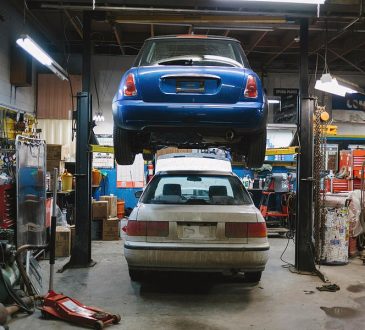In the times of high inflation, poverty and unemployment, it is not easy for anyone to make one-time payment for your vehicle. Thus, this leads to increase in Vehicle finance (VF) interest nowadays. According to a study, this term is searched 590 times on Google whereas Answer the Public portal has stated that people web users ask about 40 question regarding this topic. Business Hire specialists answer five main questions regarding vehicle finance.
1. It’s Significance:
Making a one-off payment for a vehicle is something that a lot of motorists will struggle to afford. Luckily, vehicle fund enables you to take care of the expense over a concurred measure of time.
2.It’s Merit:
Unfortunately, there is no clear answer to this question. This is because eligibility for vehicle back will rely upon the firm or bank, and also your individual conditions.
However, with so many options available, just about every driver should be able to find something to suit them. Here are some of your choices:

- Hire purchase: Often shortened to HP, this usually sees you putting down an upfront deposit and then paying off the rest of the vehicle via a number of monthly instalments.
- Personal contract hire: Also known by the acronym PCH and sometimes referred to as personal leasing, this option will see you renting a vehicle for an agreed amount of time. At the end of the agreement, you simply hand back the vehicle.
- Personal contract purchase: Commonly written as PCP, this is almost the middle of the road between HP and PCP. This is because you’ll pay a deposit for the vehicle and then make monthly repayments over an agreed period. At the end of the term, you can either choose to keep the vehicle, trade it in for a replacement motor or return the vehicle and walk away.
3. It’s Phase Limit:
The turnaround time for getting vehicle finance approved is often no more than 48 business hours. However, take note that a credit assistance provider will need to clarify the following aspects before giving the thumbs up:
- That the loan produce that they are offering meets your objectives and requirements
- That there isn’t a significant risk of the loan immediately putting you in any financial hardship.
4.It’s Requirements:
The rate of financing that is offered to you will be affected by your credit score. Bring along the following to the dealership:
- Your driver’s licence.
- Your insurance card.
- Your two most recent pay slips.
- Proof of residency — for example, a utility bill which has your name printed on it.
- A list of references — each of these individuals should be referred to with their name, address and contact number. Furthermore, they should not live in your household.
- Any trade documents you have to hand — with a title and registration featured.
5.It’s Broadcast:
If you still have outstanding finance on your current vehicle but have decided that it’s about time you got a new set of wheels, there are options available.
- Settle the finance yourself: Pay off an agreement early and you will be free to do what you want when getting your hands on a new vehicle. Just be sure that your finance company has provided you with a letter as proof that an agreement has been settled.
- Enquire with the dealer to see if they can settle the finance: In some cases, the dealership where you are going for your next vehicle can manage your outstanding finance. The dealer will need to have the right license to process this. If they do, then the settlement value will simply be transferred across to the new finance agreement that has been drawn up for your next set of wheels.
- Check whether you get security through the Halves and Thirds Rule:There are certain types of finance where you have the opportunity to voluntary terminate your agreement so long as you have paid at least half of the total amount (deposit and payments included). This is known as protection through the Halves & Thirds Rule.




